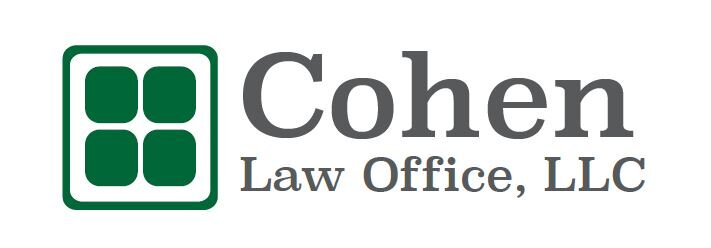Chapter 7 Bankruptcy Lawyers
Chapter 7 bankruptcy eliminates most consumer debts for the debtor by liquidating any non-exempt assets and paying the creditors with the funds collected through the liquidation. The remaining debts are then discharged thus wiping the slate clean for the debtor to move forward and have a fresh start. The most common reasons for a Chapter 7 filing are foreclosure, repossession, credit card debt, or medical expenses.
There are some assets that are exempt and therefore are not liquidated and paid to the bankruptcy estate. An example would be a qualified retirement account. On the flip side, there are also some debts that are non-dischargeable. An example would be a Federal Student Loan debt.
Trusted Bankruptcy Attorneys in Georgia
Chapter 7 eliminates the following debts:
- Credit Card
- Personal loans
- Lawsuit debts
- Judgments (except criminal or fraud)
- Deficiency debts incurred during a foreclosure or repossession
- Medical Expenses
- Personal Injury (except DUI/criminal related)
Our Bankruptcy Attorneys can help.
A person unable to file for a Chapter 7 may qualify for a Chapter 13 consolidation plan. Upon the completion of the Chapter 13 plan, the debtor will be granted a full discharge of the remaining debts set out in the plan. If you are unsure of what type of bankruptcy is best for your situation, contact our experienced Hiram bankruptcy attorneys today.
- Chapter 13 Bankruptcy
- Common Bankruptcy Questions
- Complete Our Bankruptcy Package Here to File Chapter 7

